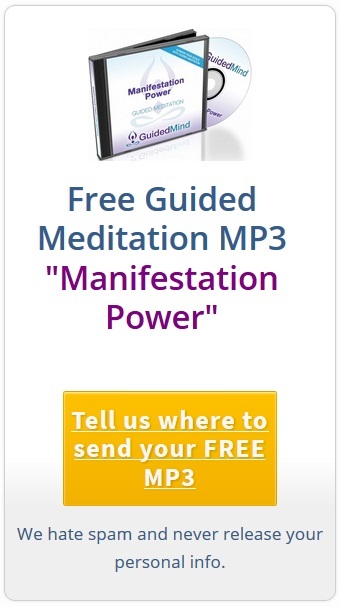We all deal with the challenges of life in different ways. And we all need an outlet for the pressures that build up as a result of the lifestyles we lead.
When we feel down or stressed, it’s natural to do something that uplifts us.
What’s a better pick-me-up than food? Or, should we say than unhealthy food? There’s no shame in admitting that you’ve allowed your eating habits to spiral out of control. In fact, that’s the first step on the path to bringing your eating habits back on track.

Here are 8 Tips to Help You Stop Binge Eating.
1. Know you have a problem and identify the cause.
The fact that you have an eating problem may be apparent to those close to you, but they can’t help you if you won’t acknowledge the problem.
Be frank with yourself. Then take a deep, meaningful look at your life and find the root cause of your habit.
People often binge eat because of:
- Stress.
- Trauma.
- Depression.
Knowing the cause will facilitate a successful solution.
One successful soultion is a guided meditation audio recording. Download our Stop binge eating meditation mp3 here.
2. Prepare to fight.

You know you need to change your habits.
Prepare yourself mentally for the fight ahead that will lead to a healthier life and be confident that success in overcoming the obstacle is inevitable.
Knowledge is the power you need to fuel your fight. Research the effect of binge eating on your mind and on your body. That will provide the initial boost.
3. Plan your defence.
Use tools that are easily available.
Schedules, mobile applications and journals are useful to map out the steps to take.
Be realistic about how soon you’ll see progress. It takes time. Focus on following your plan, rather than seeing instant results.
4. Establish a routine.
Many people start to binge eat because they’ve never had good eating habits in the first place.
It’s time to correct that. Educate yourself on the types of food that are effective at building up your body instead of tearing it down
.
Note that you should always feel more energized after a meal - if you're feeling tired, you either ate low quality food, or you ate too much.
5. Keep busy.

Idle minds are indeed the devil’s workshop.
Okay, maybe that’s a bit extreme when discussing food, but boredom does add to the problem.
That’s when we often linger on the stresses or problems in our lives, and soon we’re feeling down-and-out and in need of food.
- Mitigate the risk by keeping yourself busy.
- Do things that you love.
- Take up a hobby.
- And there’s always the tried and tested stress reliever – exercise. Exercise is a great way to strengthen your body and your mind.
6. Be mindful.
Don’t bury your head in the sand.
Refusing to acknowledge how you treat your body on a daily basis is a dangerous habit, but one that is so easy to adopt.
Think through everything you do and eat.
- What am I doing?
- Why am I doing it?
- What will be the consequence of my actions?
7. Stay positive.

Sometimes it seems that “stay positive” or “look on the bright side of life” have become generic phrases to mindlessly gloss over serious issues that we may need to address.
Still, positive reinforcement can do wonders when you’re fighting a tough battle.
Psyching yourself up is a common strategy to rile up warriors on the front line of battle. And you are a warrior. Psych yourself up each day. Tell yourself that you will succeed, and give yourself a pep talk when you feel as if you’re losing strength.
8. Ask for support.
You are not alone in your mission to improve your body and soul. Seek out help when you need it.
It could be from family, friends or professionals. Help people to understand the challenges you are facing; don’t alienate them or isolate yourself, believing nobody will understand. They will. And they will help you on your journey.
Be at peace with yourself and don’t judge yourself based on the perceptions of others who know nothing about you.
Meditation can help you lose weight for good. Use our complete weight loss collection downloadable here.
You have identified an unhealthy habit, and you are taking steps to rectify it. That’s all that matters. Keep your mind on the prize, and when you've won your battle, remember the mistakes you’ve made along the way - so you don't repeat them.

